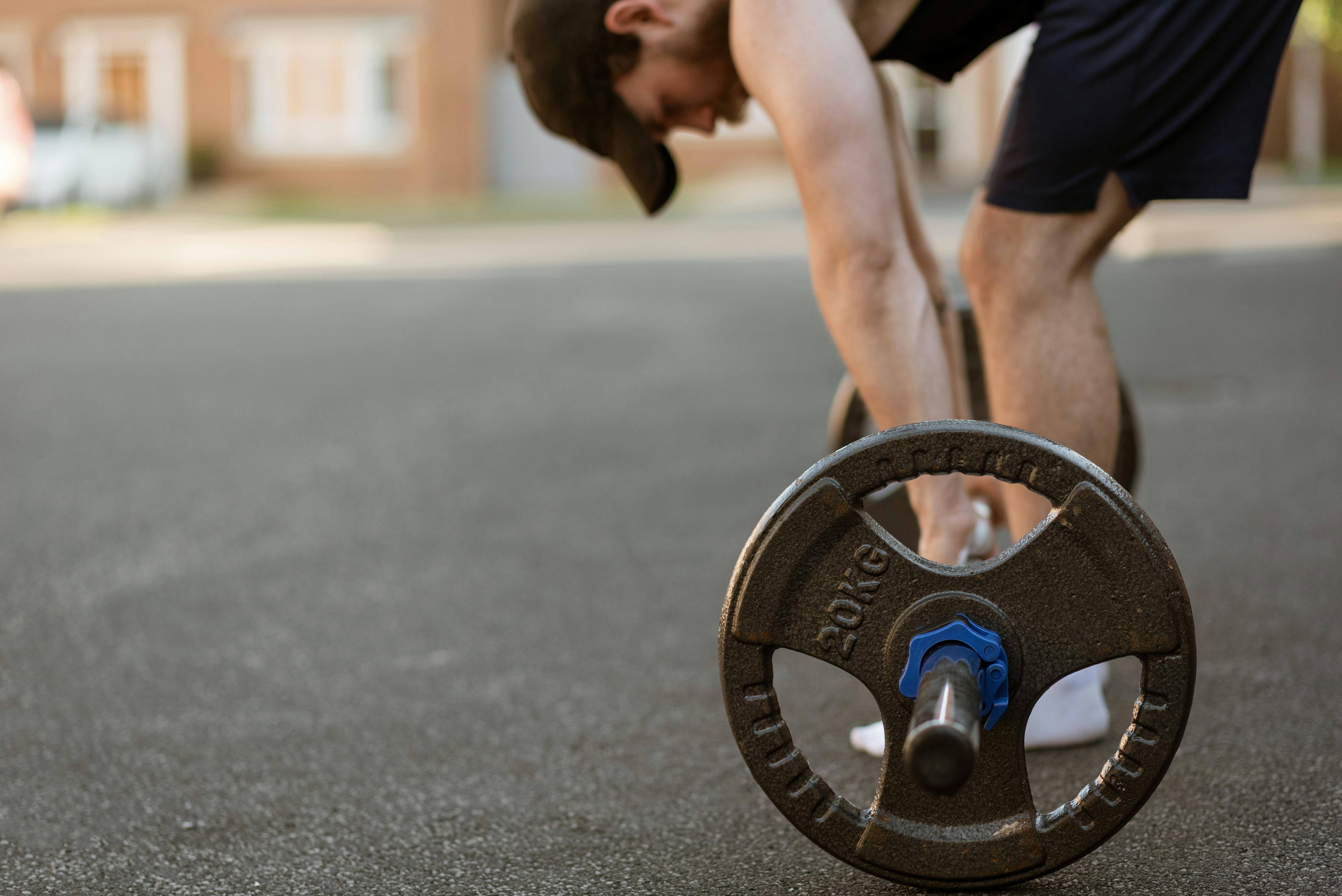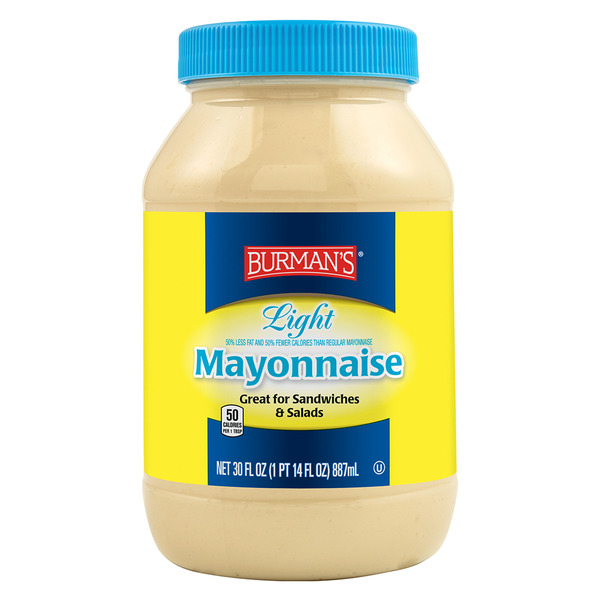
Apply Now


Essential Tips for a Modern Colonoscopy Diet in 2025
Preparing for a colonoscopy is an essential part of maintaining digestive health, especially as we approach 2025 with evolving dietary recommendations. The colonoscopy diet focuses on minimizing fiber intake and ensuring that your digestive system is adequately prepared for the procedure. This article outlines the best five modern diet tips to make your experience smoother and more successful. We’ll delve into the benefits of a clear liquid diet, foods to avoid before the procedure, and effective hydration strategies, providing you with a comprehensive colonoscopy diet plan. Additionally, understanding the importance of pre-colonoscopy preparation can significantly influence the outcomes of the procedure. By following these guidelines, you can help ensure that your bowel health is optimized, thereby enhancing the effectiveness of the colonoscopy. Let’s explore the best practices for meal planning and dietary restrictions leading up to this important medical exam.1. Embrace a Clear Liquid Diet
Incorporating a clear liquid diet is key for effective colonoscopy preparation. This diet encourages hydration and allows for easier digestion, which is critical when prepping for the procedure. Foods that fall under the clear liquid category include broth, clear juices (like apple or white grape), and gelatin without added colors. Focusing on clear fluids helps set the stage for a thorough colon cleansing. It’s important to note that you should avoid anything with artificial colors, as this can interfere with the imaging during the colonoscopy. Remember to maintain adequate fluid intake leading up to the procedure; professionals recommend 8-10 glasses of liquids to stay hydrated. Taking advantage of clear liquids helps reduce the workload on your digestive system, offering both comfort and digestive readiness. More importantly, this makes it easier to follow the recommended diet and ensures a smooth experience during the colonoscopy.2. Foods to Avoid Before Colonoscopy
Certain foods can hinder the colonoscopy preparation process and should be avoided at least 2-3 days prior to the procedure. High-fiber foods, such as whole grains, nuts, beans, and certain fruits and vegetables, can create residue that might obstruct clear views during the examination. Additionally, you should steer clear of greasy, fried, or spicy foods. These can cause digestive discomfort, complicating the bowel prep process. It's also advisable to avoid excessive dairy, which can lead to bloating and discomfort. Keeping a food diary leading up to your colonoscopy can help identify which foods are best to eliminate from your diet. This proactive approach ensures that you are well-prepared, ultimately leading to better outcomes.3. Hydration Strategies for Colonoscopy Preparation
Hydration before a colonoscopy is critical for ensuring thorough bowel cleansing and overall comfort. Dehydration can lead to complications and ineffective preparation. Aim to drink plenty of fluids, preferably clear options such as electrolyte solutions, water, and clear broths. In the days leading up to the procedure, monitor your fluid intake closely. Avoid caffeine and alcohol, as these can contribute to dehydration. Instead, focus on non-caffeinated herbal teas and drinks that aid digestion. By nurturing your body with adequate hydration, you're not only facilitating the bowel-cleansing process but also promoting overall digestive health. Utilizing hydration effectively ensures that your colon is properly prepared for the procedure, contributing to its success.4. Meal Timing and Light Eating Before Colonoscopy
Proper timing of meals is equally important as what you eat. In the day or two leading up to your colonoscopy, focus on lightweight meals that are easy to digest. This typically includes lean proteins, broths, and nutrient-rich clear liquids. It’s important to commence with regular meals and gradually transition to lighter options. On the eve of your procedure, opt for light meals and adhere to a clear liquid diet to fully prepare your digestive system. Ensuring meal timing aligns with colonoscopy fasting guidelines will also facilitate the process. Plan your meals according to your body's needs while closely following the dietary restrictions recommended by healthcare professionals to optimize your experience.5. Consider Colon-Friendly Food Choices
Selecting colon-friendly foods is an integral part of optimizing your diet as you prepare for a colonoscopy. Focus on non-fiber foods, which support digestive function while limiting fiber intake. Foods such as eggs, white rice, and fish are well-tolerated and can provide essential nutrients without disrupting your digestive system. Additionally, consider utilizing protein sources like chicken or turkey, which can help maintain energy levels without the complications of fiber-rich options. Coupling these foods with adequate hydration and clear liquids will contribute to a smoother bowel prep, facilitating effective colon cleansing. By making thoughtful food choices, you can enhance your digestive wellness and prepare effectively for the upcoming procedure.
Q&A: Common Questions on Colonoscopy Diet
What is a colonoscopy diet and why is it important?
A colonoscopy diet primarily focuses on reducing fiber intake and ensuring that the digestive tract is clear for examination. This diet is important because it helps minimize the risk of residual food particles that could obstruct clear imaging during the procedure, ensuring optimal results.How long should I follow the colonoscopy diet?
Typically, it is advised to begin the colonoscopy diet 2-3 days prior to the procedure. However, timing may vary based on individual recommendations from healthcare providers. Following the guidance of your medical team is crucial for success.Can I drink coffee before my colonoscopy?
Caffeine can potentially lead to dehydration and may irritate the gastrointestinal tract; therefore, it is advised to avoid coffee and other caffeinated beverages in the days leading up to the colonoscopy. Instead, focus on hydrating with clear, caffeine-free fluids. H3>Any tips for easing anxiety about the dietary changes? Managing pre-procedure anxiety is important. Consider keeping a food diary, as it may help you stay organized in your preparations. Engaging in relaxation techniques, such as deep breathing and gentle stretching, can also contribute to easing anxiety. Consulting with a dietitian can provide additional support and reassurance through the process.What should I eat immediately after the procedure?
Once the colonoscopy is completed, it's common to start with soft, easy-to-digest foods. Foods like yogurt, bananas, and toast can be gentle on your system. Gradually return to your regular diet while monitoring for any discomfort.